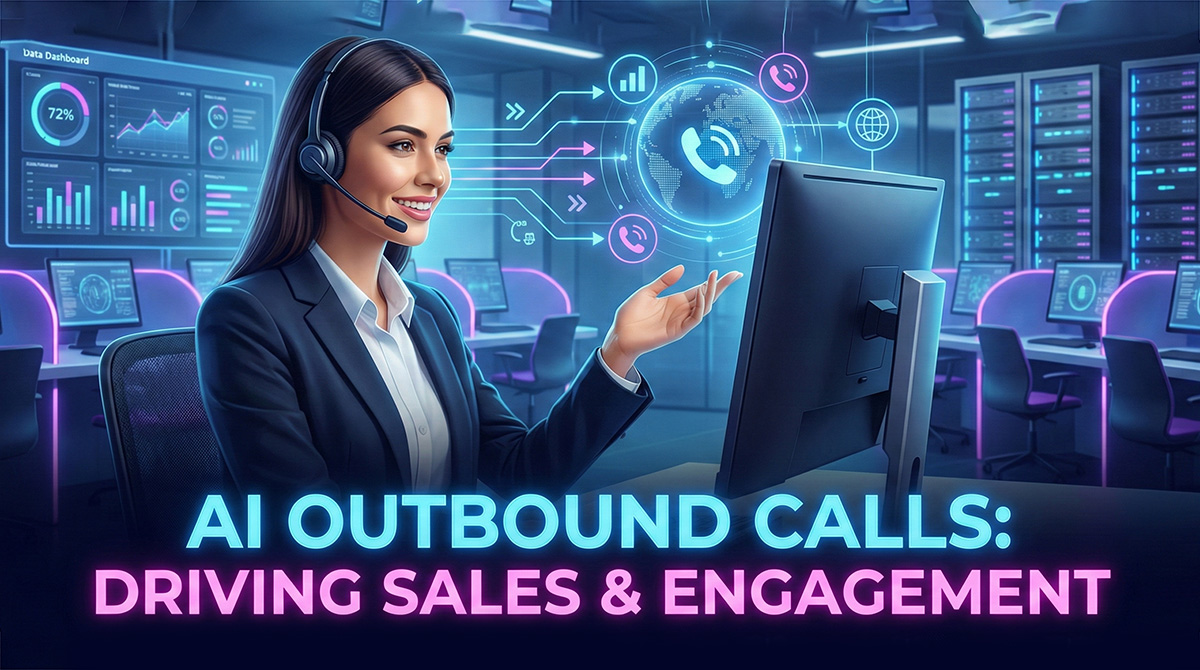Imagine having a teammate who never sleeps, learns quickly and works tirelessly — every single day. Not a dream hire, but an A.I. employee. Companies everywhere are now throwing their weight behind these independent digital workers. And they’re not just replacing boring jobs; they’re reconfiguring what lean, efficient teams even look like.
In this article, we’ll examine what truly makes an AI employee trusted; how it is distinct from the tools you are already using, and why early adopters are pulling ahead.
[Image No 1: AI employee concept, digital coworker, virtual teammate]
Let’s dive in.
What Is a Trusted AI Employee and Why Are Businesses Turning to Them Now?
Transformation of AI Tools to Totally Autonomous AI Employees
The A.I. used to be a servant — it was something that eased little steps. Think: auto-scheduling, chatbots and data tagging. But for 2025, we are detecting an unexpected trend: AI employees. They are self-executing, decision-making systems that function as colleagues, not instruments. They not only help humans — they are people for them.
They follow workflows, triggering responses and completing multistep processes, without being told what to do each time.
A trusted AI employee doesn’t just work autonomously. It checks five critical boxes:
Consistent — Does things the same way each time.
Transparency — Logs actions and decisions for later review.
Security-first attitude — Respects privacy and data protection.
Real-world awareness — Uses live inputs and makes smart choices.
Works with teams — Not in a silo.
[Figure 2: AI system checklist, trust indicators, secure automation]
Increasingly High Pressure to Hire AI Workers in Efficient, High Throughput Teams
Businesses need to do more with less. In startups, B2B services and support-heavy companies, leaders are reconsidering scale. AI staff enable small teams to remain small — while managing large volumes. A department of five can be replaced by two staffers and a well-trained AI agent.
How AI Staff Are Different from Conventional Automation and Chatbots
AI employees combine human flexibility with machine consistency.
Trusted AI Employees Are Revolutionizing Business Productivity and Scale
AI employees don’t just carry out instructions — they make decisions on the fly. Examples:
A support AI scans email tone and urgency, funnels priority cases, and responds accordingly.
A marketing AI adapts campaign targeting based on new CRM data.
[Pic No 3: Workflow automation, AI decision-making, Smart systems]
Rationalising Bottlenecks
AI workers bypass delays like approvals, updates, or “go-aheads.” With fewer blockers, workflows move faster and smoother.
How to Scale Without Hiring
Hiring takes time. Training takes longer. Turnover adds complexity. AI workers skip all that. Once set up, they’re operational in minutes. Tools like Power in AI offer pre-trained no-code AIs that adapt to workflows in real-time.
AI Agents at Work in Sales, Marketing and Support
Marketing: A digital agency used Power in AI to test 120 ad variations across 4 platforms in 2 days, achieving 3X ROI.
Sales: A SaaS firm deployed an AI agent to manage lead qualification, booking 65% more demos with fewer SDRs.
Support: Power in AI cleared 70% of tickets using AI agents trained on historical data.
[Image No 4: Use case of AI at work - business and industry]
Essential Skills from an AI Employee You Can Trust in 2025 and Beyond
Independent CRM, email & tool tasks: Updating pipelines, replying in-context, managing workflows end-to-end.
Human-level language: Reads, interprets tone, and engages naturally in conversations.
Real-time data insights: Pulls CRM data, spots trends, drafts reports, alerts anomalies.
Interoperability: Works across Outlook, Oracle, Notion, Slack, and modern SaaS stacks.
What Contributes to an AI Employee Being Trusted?
From Power in AI:
Respects permissions and avoids unnecessary data storage.
Provides full logs and decision trails for transparency.
Allows human-in-the-loop governance with defined fallback conditions.
Complies with GDPR, HIPAA, and SOC 2 standards.
[Figure No 5: HITL, Trust & Transparency, AI governance]
Business Strategic Benefits
24/7 operations for competitive speed.
Delegates repetitive tasks, letting humans focus on impactful work.
Personalizes outreach and maintains continuity across channels.
Minimizes hiring and turnover costs through digital workforce supplementation.
[Image Credit 6: Digital workforce, future of work, AI-human cooperation]
Selecting a Good AI Employee and Deploying Them
Testing platforms: Ensure low-code setup, pre-built templates, human support, and transparent logs.
Avoid mistakes: Don’t discard training data, avoid over-automation, and maintain feedback loops.
Measure ROI: Track time saved, workload offloaded, cost savings, and error rates. Most clients see ROI within 60 days.
The Future of AI Employees
Hybrid human-AI teams: By 2030, AI teammates will be the norm.
New jobs: Roles like AI Workflow Manager, Automation Strategist, and Prompt Designer will emerge.
Cultural changes: Expect fewer meetings, more autonomy, and clearer impact.
Ethical considerations: Accountability, fairness, and re-skilling will take center stage.
FAQs
Q: What is a “trusted” AI employee and what distinguishes it from a chatbot?
A: A trusted AI employee works within internal systems, following processes and learning. Unlike chatbots, they can complete end-to-end tasks.
Q: Will AI employees replace human workers in some jobs?
A: Yes, especially for repetitive, high-volume tasks. Power in AI already offloads work in support, sales, and reporting.
Q: How can businesses ensure AI workers operate securely and ethically?
A: Platforms like Power in AI provide access controls, data policies, human oversight, and compliance with GDPR, HIPAA, and SOC 2.
Q: What can a trusted AI automate?
A: CRM updates, email responses, document classification, lead follow-ups, reporting, and more.
Q: How can small businesses gain by being early adopters?
A: Power in AI enables SMBs to cut costs, scale faster, and compete with larger players — without large payrolls.
